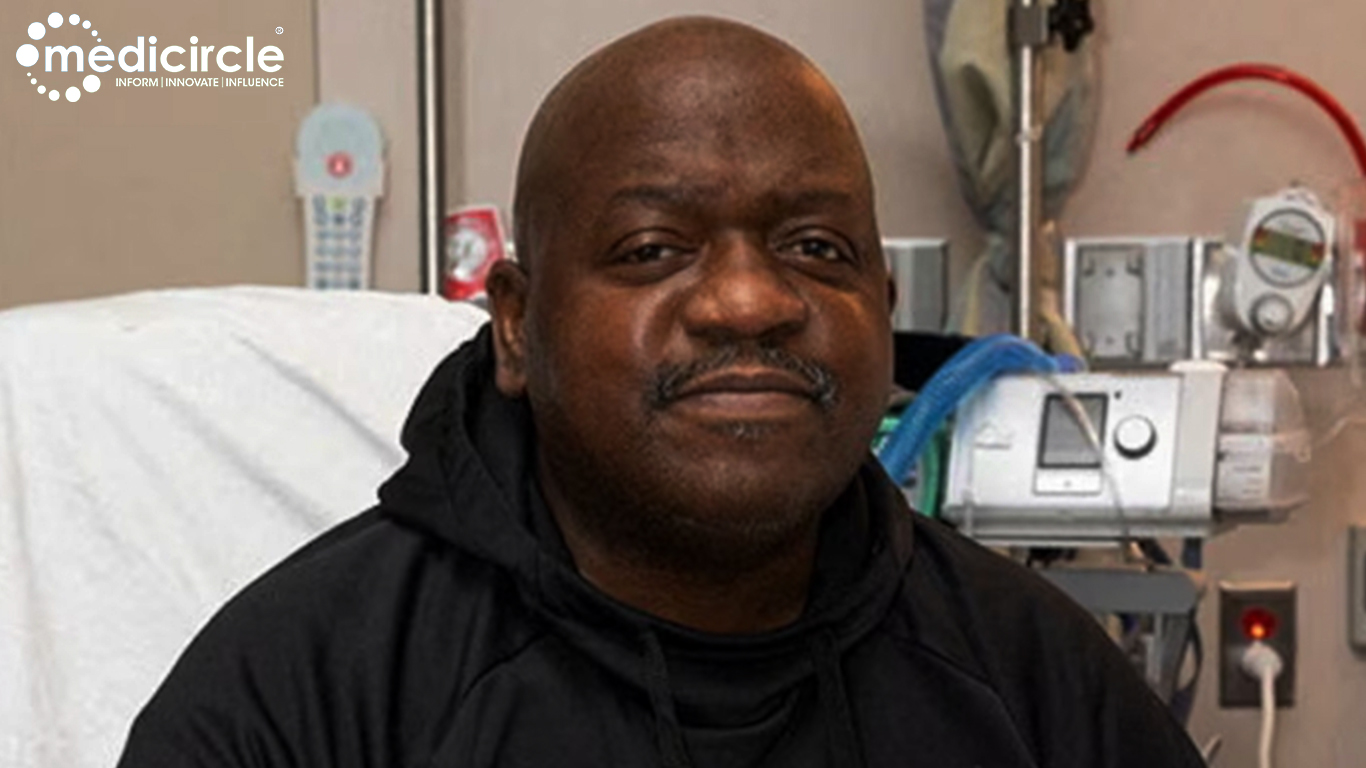The U.S. Food and Drug Administration approved Cosela (trilaciclib) as the first therapy in its class to reduce the frequency of chemotherapy-induced bone marrow suppression in adults receiving certain types of chemotherapy for extensive-stage (when the cancer has spread beyond the lungs) small cell lung cancer. Cosela may help protect bone marrow cells from damage caused by chemotherapy by inhibiting cyclin- dependent kinase 4/6, a type of enzyme.
"For patients with extensive-stage small cell lung cancer, protecting bone marrow function may help make their chemotherapy safer and allow them to complete their course of treatment on time and according to plan," said Albert Deisseroth, M.D., PhD., supervisory medical officer in the Division of Non-Malignant Hematology in the FDA's Center for Drug Evaluation and Research. "Today's approval of Cosela will give patients a treatment option that can reduce the occurrence of a common, harmful side effect of chemotherapy."
Chemotherapy drugs are designed to kill cancer cells but can damage normal tissues as well. The bone marrow is particularly susceptible to chemotherapy damage. The bone marrow makes red blood cells, white blood cells, and platelets (small fragments in the blood) that transport oxygen, fight infection, and stop bleeding. When damaged, the bone marrow produces fewer of these cells, leading to fatigue, increased risk of infection, and bleeding, among other problems. Cosela may help protect the normal bone marrow cells from the harmful effects of chemotherapy.
The effectiveness of Cosela was evaluated in three randomized, double-blind, placebo-controlled studies in patients with extensive-stage small cell lung cancer. Combined, these studies randomly assigned 245 patients to receive either an infusion of Cosela in their veins or a placebo before chemotherapy. The studies then compared the two groups for the proportion of patients with severe neutropenia (a very low count of white blood cells called neutrophils) and the duration of severe neutropenia in the first cycle of chemotherapy. In all three studies, patients who received Cosela had a lower chance of having severe neutropenia compared to patients who received a placebo. Among those who had severe neutropenia, patients who received Cosela, on average, had it for a shorter time than patients who received a placebo.
The most common side effects of Cosela include fatigue; low levels of calcium, potassium and phosphate; increased levels of an enzyme called aspartate aminotransferase; headache; and infection in the lungs (pneumonia).
Patients should also be advised about injection site reactions, acute drug hypersensitivity, interstitial lung disease/pneumonitis (lung tissue inflammation) and embryo-fetal toxicity.

 The new drug will give patients a treatment option that can reduce the occurrence of a common, harmful side effect of chemotherapy
The new drug will give patients a treatment option that can reduce the occurrence of a common, harmful side effect of chemotherapy



























.jpeg)






